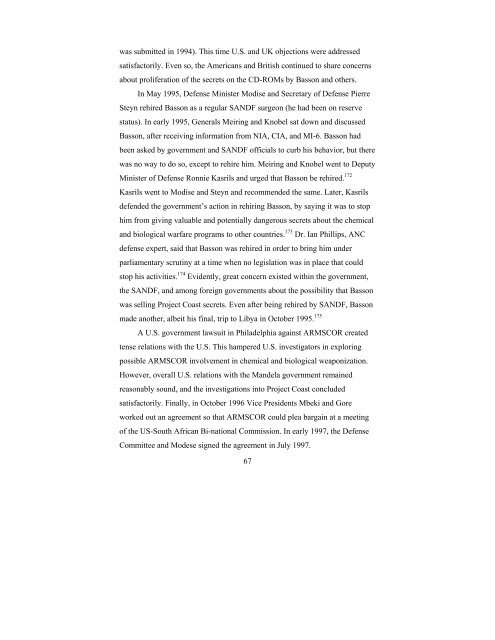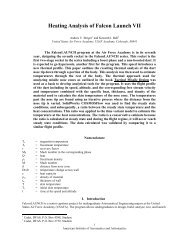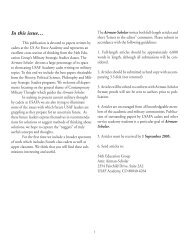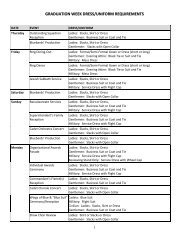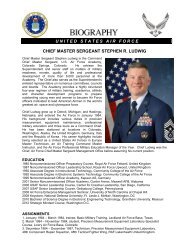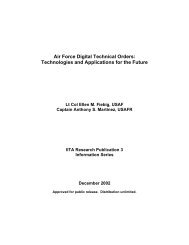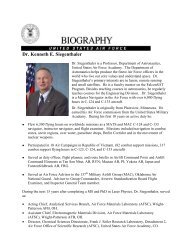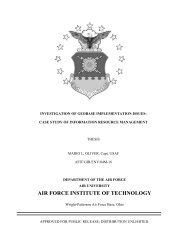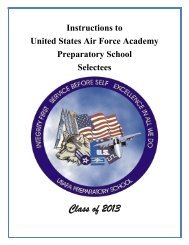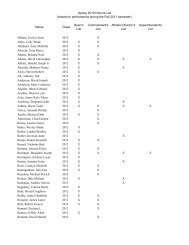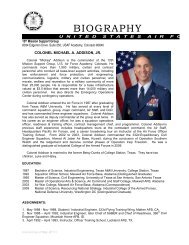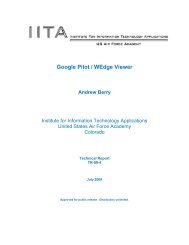the rollback of south africa's biological warfare program
the rollback of south africa's biological warfare program
the rollback of south africa's biological warfare program
You also want an ePaper? Increase the reach of your titles
YUMPU automatically turns print PDFs into web optimized ePapers that Google loves.
was submitted in 1994). This time U.S. and UK objections were addressed<br />
satisfactorily. Even so, <strong>the</strong> Americans and British continued to share concerns<br />
about proliferation <strong>of</strong> <strong>the</strong> secrets on <strong>the</strong> CD-ROMs by Basson and o<strong>the</strong>rs.<br />
In May 1995, Defense Minister Modise and Secretary <strong>of</strong> Defense Pierre<br />
Steyn rehired Basson as a regular SANDF surgeon (he had been on reserve<br />
status). In early 1995, Generals Meiring and Knobel sat down and discussed<br />
Basson, after receiving information from NIA, CIA, and MI-6. Basson had<br />
been asked by government and SANDF <strong>of</strong>ficials to curb his behavior, but <strong>the</strong>re<br />
was no way to do so, except to rehire him. Meiring and Knobel went to Deputy<br />
Minister <strong>of</strong> Defense Ronnie Kasrils and urged that Basson be rehired. 172<br />
Kasrils went to Modise and Steyn and recommended <strong>the</strong> same. Later, Kasrils<br />
defended <strong>the</strong> government’s action in rehiring Basson, by saying it was to stop<br />
him from giving valuable and potentially dangerous secrets about <strong>the</strong> chemical<br />
and <strong>biological</strong> <strong>warfare</strong> <strong>program</strong>s to o<strong>the</strong>r countries. 173 Dr. Ian Phillips, ANC<br />
defense expert, said that Basson was rehired in order to bring him under<br />
parliamentary scrutiny at a time when no legislation was in place that could<br />
stop his activities. 174 Evidently, great concern existed within <strong>the</strong> government,<br />
<strong>the</strong> SANDF, and among foreign governments about <strong>the</strong> possibility that Basson<br />
was selling Project Coast secrets. Even after being rehired by SANDF, Basson<br />
made ano<strong>the</strong>r, albeit his final, trip to Libya in October 1995. 175<br />
A U.S. government lawsuit in Philadelphia against ARMSCOR created<br />
tense relations with <strong>the</strong> U.S. This hampered U.S. investigators in exploring<br />
possible ARMSCOR involvement in chemical and <strong>biological</strong> weaponization.<br />
However, overall U.S. relations with <strong>the</strong> Mandela government remained<br />
reasonably sound, and <strong>the</strong> investigations into Project Coast concluded<br />
satisfactorily. Finally, in October 1996 Vice Presidents Mbeki and Gore<br />
worked out an agreement so that ARMSCOR could plea bargain at a meeting<br />
<strong>of</strong> <strong>the</strong> US-South African Bi-national Commission. In early 1997, <strong>the</strong> Defense<br />
Committee and Modese signed <strong>the</strong> agreement in July 1997.<br />
67


